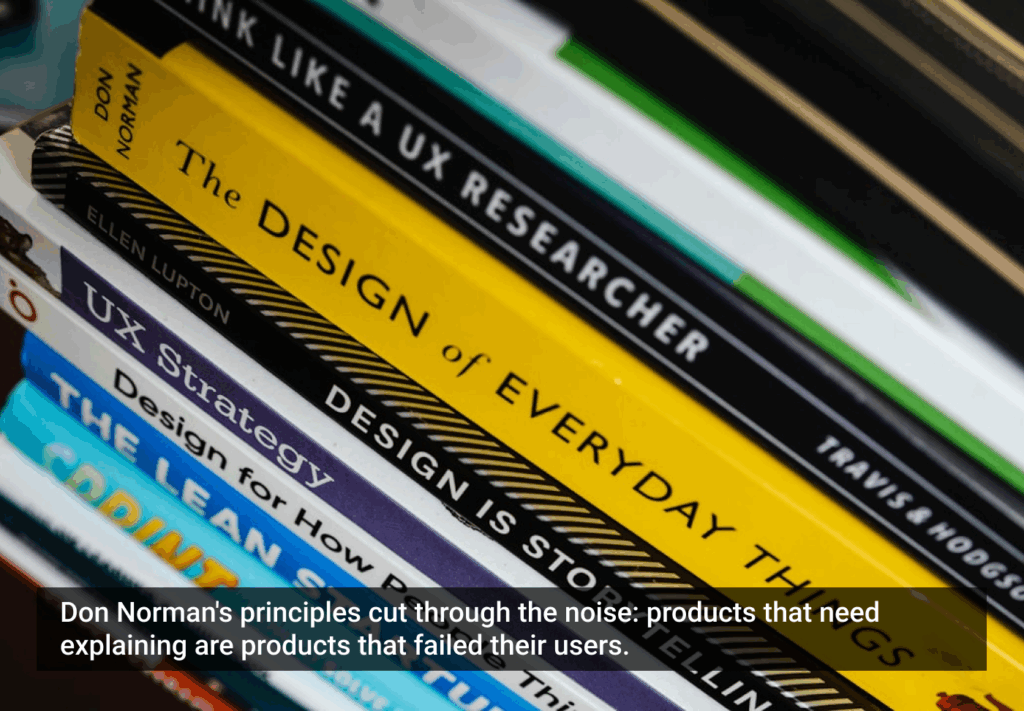Much of the excitement surrounding the television show Mad Men centers on the keen attention to detail where all clothes, historical contexts, and interior design elements are concerned, but some of the best moments come when the agency team at the heart of the story experiences breakthrough moments with clients.
There’s a famous scene where Don Draper eloquently (and heatfully) clinches a deal with representatives with Kodak, selling the notion that the wheel on top of their slide projector isn’t a wheel at all, but a carousel. “It let’s us travel the way a child travels: ’round and around and back home again.” The clients are moved and his team members are right there with him.
At the beginning of the same scene, Draper espouses a bit of wisdom that rings true in experience design: “Technology is a glittering lure but there’s the rare occasion when the public can be engaged on a level beyond flash if they have a sentimental bond with the product.”
A modern agency is a far different animal from ad shops of the recent past, but there’s still a premium on creating a bond with customers on behalf of a client. In an effective agency, there always potential for that kind of magic as designers, researchers, and project managers bring their expertise, creativity, and insight to meet their clients’ (usually very urgent) digital needs.
Great experiences originate in the minds and combined efforts of effective experience-oriented teams. When a company invests in the design and creation of an experience-driven product or service, the effectiveness of the agency team is the most influential variable in reducing risk and maximizing of design potential.
Of course, every agency has a unique team that takes its own approach to design, and the DfE Effective Agency Team award recognizes agencies, or specific teams within larger agencies, that consistently design or create effective or exemplary digital experiences on behalf of their clients.
If you’ve worked with an agency that really delivered, recommend them now! If you work for an agency with a track record of success, apply for this award.
[google_ad:WITHINARTICLE_1_468X60]
Image of silhouetted team courtesy Shutterstock








